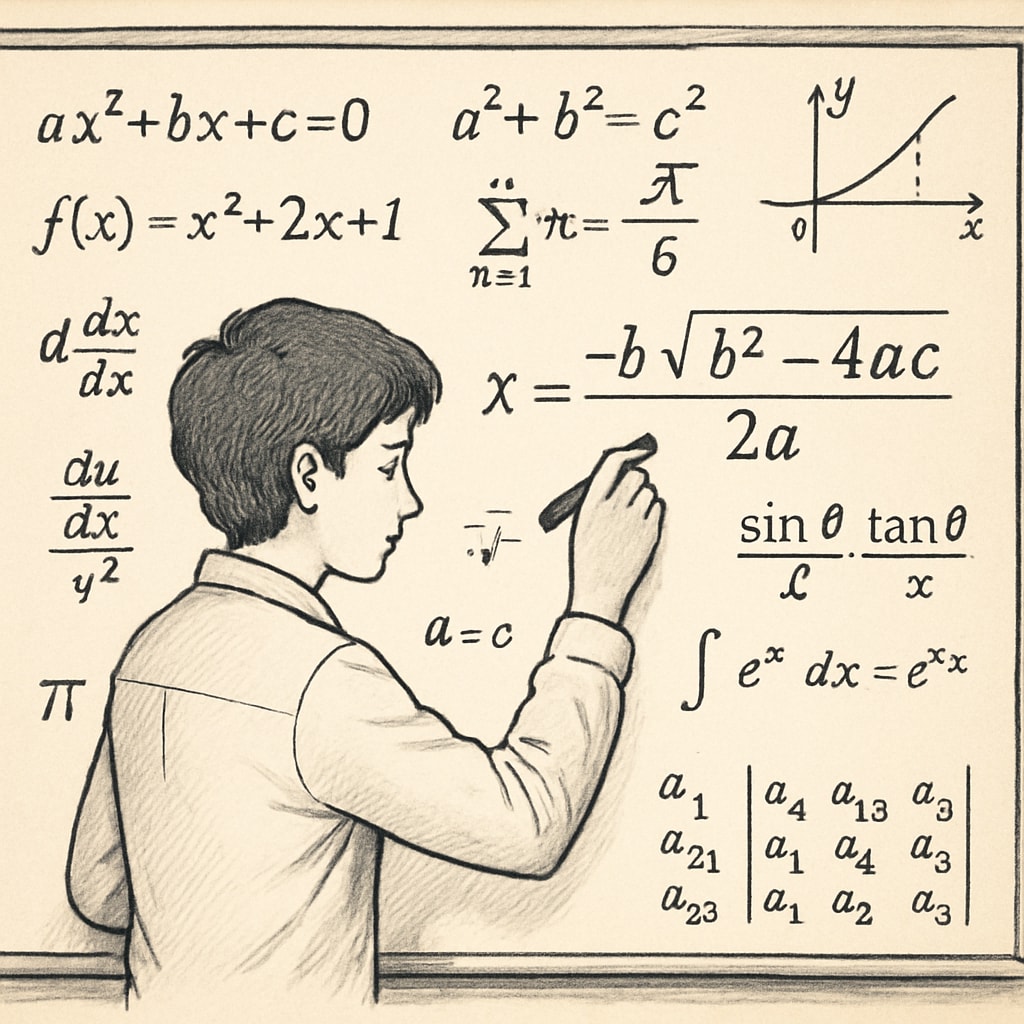For high-achieving students, the pursuit of excellence does not end with good grades. Instead, it’s about constant self-improvement and mastery, especially in areas such as academic tests, math skills, and reading improvement. This article provides actionable strategies to help students, particularly those with aspirations in the medical field, refine their abilities and transcend their current achievements.
Advanced Math Strategies for Aspiring Medical Students
Mathematics is a cornerstone for many academic tests and a vital skill for students aiming for a career in medicine. While foundational concepts are essential, high-achieving students should focus on advanced techniques to sharpen their problem-solving abilities.
- Engage in Applied Mathematics: Focus on real-world applications like statistical analysis and data interpretation, which are integral to medical research.
- Master Advanced Topics: Dive deeper into calculus, algebra, and probability. These subjects lay a foundation for understanding medical imaging technologies and pharmacokinetics.
- Utilize Online Resources: Platforms such as Khan Academy and Coursera offer free and structured courses to explore advanced topics.

Elevating Reading Skills for Critical Thinking
Reading is not just about comprehension; it’s about critical analysis, synthesis of information, and applying knowledge in new contexts. For high-achieving students, enhancing reading skills can significantly impact performance in academic tests and future medical studies.
- Read Across Disciplines: In addition to textbooks, explore literature in philosophy, history, and science. This broadens your perspective and sharpens analytical thinking.
- Practice Annotation: While reading, highlight key points, write summaries, and question the author’s arguments. This active engagement improves retention and critical thinking.
- Use Scholarly Journals: Access medical journals like PubMed to stay updated on the latest research and familiarize yourself with technical language.

Balancing Academic Excellence with Personal Growth
While excelling in academics is commendable, it’s equally important to maintain a balance with personal growth. High-achieving students often face burnout, which can negatively impact their long-term progress. Here are some tips:
- Set Realistic Goals: Break down larger objectives into smaller, manageable tasks to avoid overwhelming yourself.
- Incorporate Breaks: Practice the Pomodoro technique—study for 25 minutes, then take a 5-minute break. This improves focus and reduces fatigue.
- Seek Mentorship: Connect with mentors in your field of interest to gain insights and motivation.
Remember, academic excellence is not just about mastering subjects but also about developing resilience and adaptability.
The Role of Academic Tests in Measuring Progress
Academic tests are not merely a measure of knowledge; they also evaluate critical thinking, time management, and adaptability under pressure. High-achieving students should use these tests as opportunities to identify areas for improvement.
- Simulate Test Conditions: Practice past papers in a timed environment to build confidence and reduce anxiety.
- Analyze Performance: After each test, review your mistakes and understand the underlying concepts to avoid repetition.
- Adopt a Strategic Approach: Prioritize questions based on difficulty and allocate time accordingly.
By treating tests as learning opportunities rather than mere assessments, students can continuously refine their skills and strategies.
Final Thoughts: For high-achieving students, the journey of academic excellence involves consistent effort, curiosity, and adaptability. By focusing on advanced math skills, critical reading abilities, and effective test strategies, students can prepare not only for academic success but also for real-world challenges. Remember to balance your ambitions with personal growth to sustain long-term achievement.


